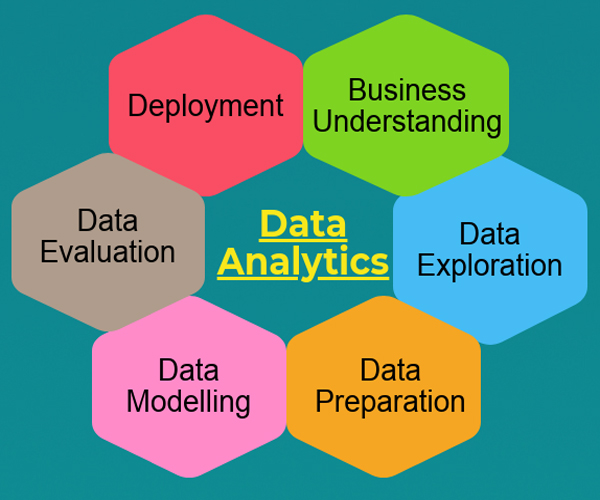For businesses in Africa, harnessing the right data sets most effectively to stay ahead of the curve becomes a competitive advantage especially when it comes to marketing the brand to an increasingly connected customer base.
“At its core, effective data analytics require an understanding of historical data to better plan for an uncertain future. It is one thing to accumulate vast amounts of data, but another thing entirely to extract actionable insights from it,” says Fisokuhle Tshivhandekano, Managing Director of Idea Hive South Africa.
The latest estimates show that more than 328 million terabytes of data are created daily around the world. Many analysts agree that 90% of all available data was generated in the last two years. From a business use case perspective, it therefore becomes a matter of trying to find an exceedingly small needle in a rapidly growing haystack.
Big data analytics is vital to gaining that much-needed edge in challenging economic conditions.
Combining AI with people
“In a world where artificial intelligence (AI) has the computing power of delivering analysis at scale, people play an even more critical role in filling in the cultural nuances that are required to deliver effective communication solutions,” says Muriuki Murunge, Managing Director of Idea Hive East Africa.
AI excels in processing vast amounts of data in microseconds. But this analysis is not only a technological activity. It is also the human touch that brings an understanding of what is being analysed. Tailoring brand campaigns across specific markets in Africa requires experts who have local insights into what works from a cultural perspective. While good, AI does not bring this understanding to its analysis. It certainly connects the dots, but it takes a person to inject that with local relevance to bring value to the organisation.
Source: New Business Ethiopia



